NIGMS’ Small Business Technology Transfer (STTR) program works toward more effective methods for patient screening, diagnosis, and treatment.
Translating lab discoveries into health care products requires large investments of time and resources. Through STTR funding, NIGMS supports researchers interested in transitioning their discoveries and/or inventions into products. Here are the stories of three researchers working with the XLerator Hub, one of the funded programs that supports six southeastern IDeA states and Puerto Rico.
Ending Diagnostic Delays for Endometriosis
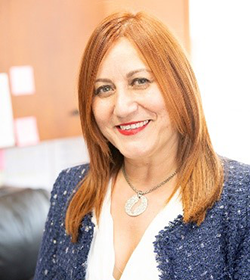
Dr. Idhaliz Flores-Caldera.
Credit: Courtesy of Dr. Flores-Caldera.
Idhaliz Flores-Caldera, Ph.D., a professor of basic sciences and OB-GYN at Ponce Health Sciences University in Puerto Rico, has studied endometriosis for nearly 20 years. Endometriosis occurs when endometrial tissue, which typically lines the uterus, grows elsewhere in the body. Dr. Flores-Caldera first had the idea for a noninvasive diagnostic test for the disorder about 10 years ago. But it was only when she learned about funding opportunities from the XLerator Hub that she saw a path to validating her preliminary research findings and eventually commercializing her test.
Dr. Flores-Caldera applied for and was accepted into the hub’s proof-of-concept program, Ideas to Products, which funds researchers to flesh out ideas they want to commercialize. “I am very appreciative of how the program has provided me with tools and knowledge about commercializing a product and the process of patenting a product,” she says. “In general, scientists aren’t educated on this important topic.”
Continue reading “Accelerating the Development of Tests for Endometriosis and Cancer”
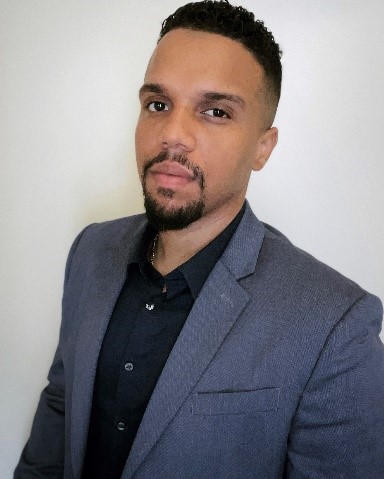


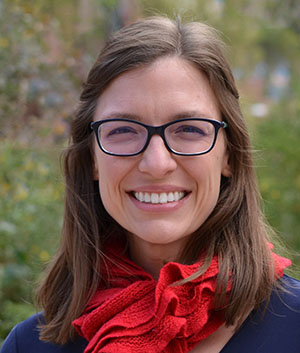
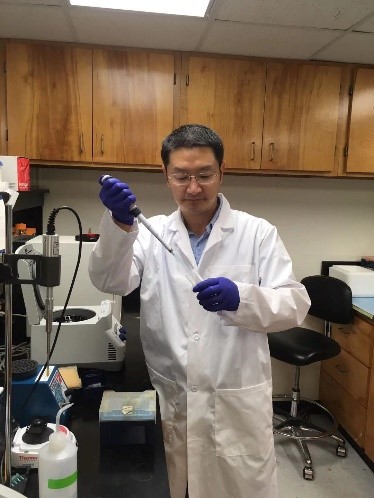
 Dr. Idhaliz Flores-Caldera.
Dr. Idhaliz Flores-Caldera.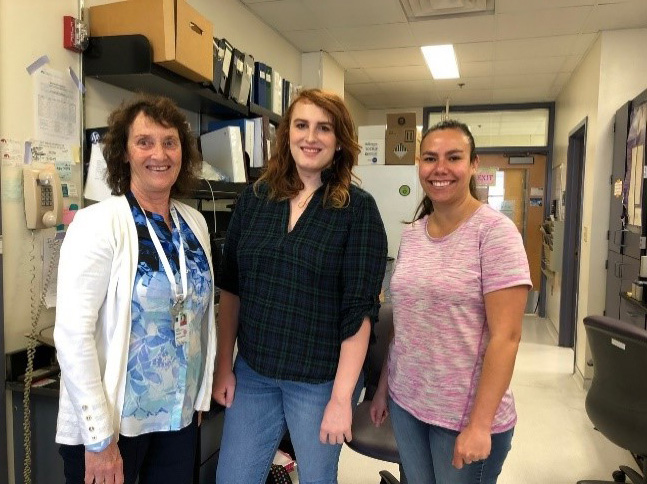 Dr. Wandinger-Ness (left) with former undergraduate trainee Amber Rauch (center) and current Ph.D. trainee Melanie Rivera. Credit: Angela Wandinger-Ness, Ph.D.
Dr. Wandinger-Ness (left) with former undergraduate trainee Amber Rauch (center) and current Ph.D. trainee Melanie Rivera. Credit: Angela Wandinger-Ness, Ph.D.
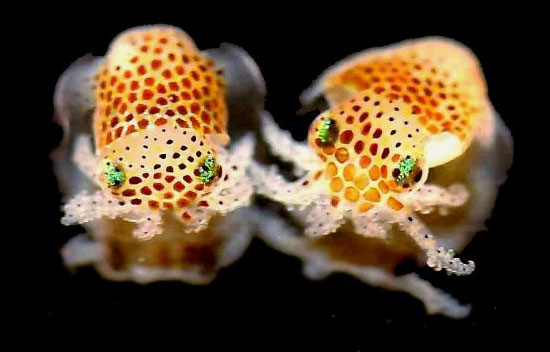 Hawaiian bobtail squid. Credit: Dr. Satoshi Shibata.
Hawaiian bobtail squid. Credit: Dr. Satoshi Shibata.
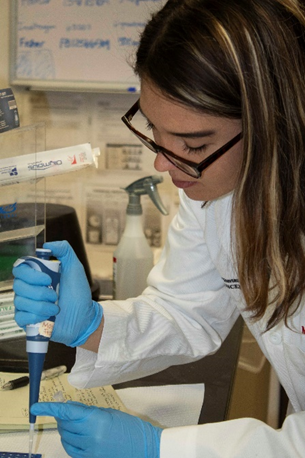 Credit: Michele Vaughan.
Credit: Michele Vaughan.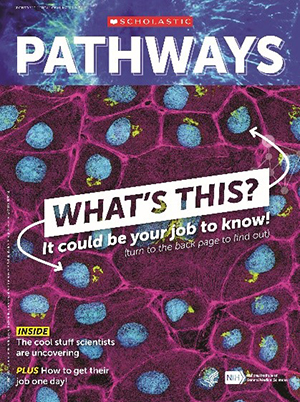 Cover of Pathways student magazine.
Cover of Pathways student magazine.